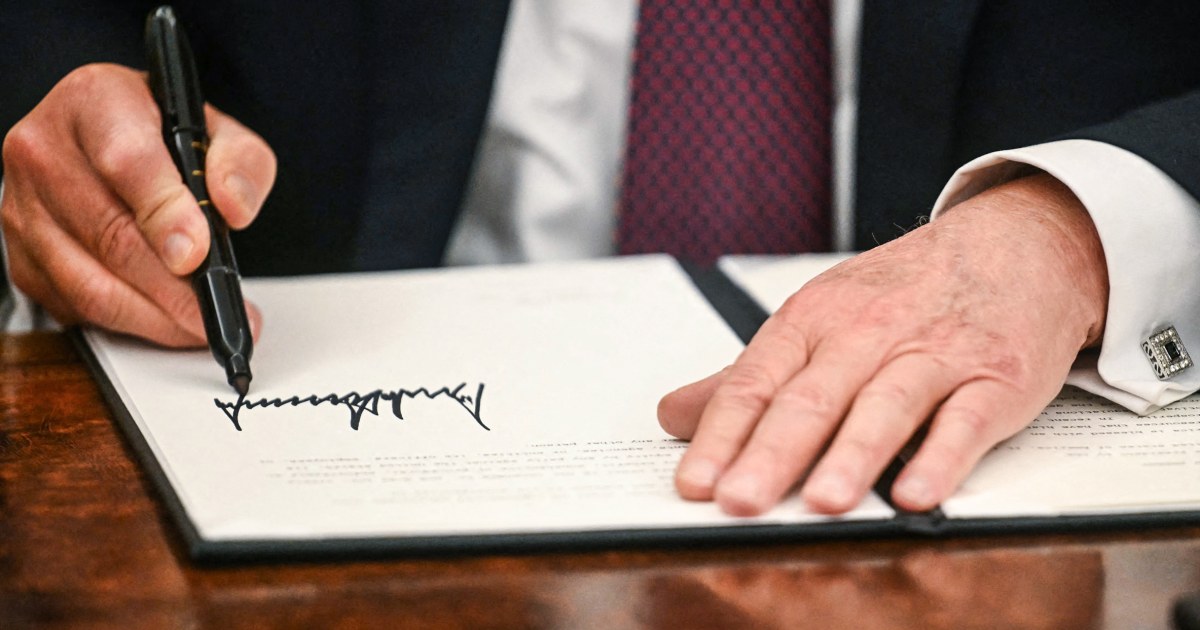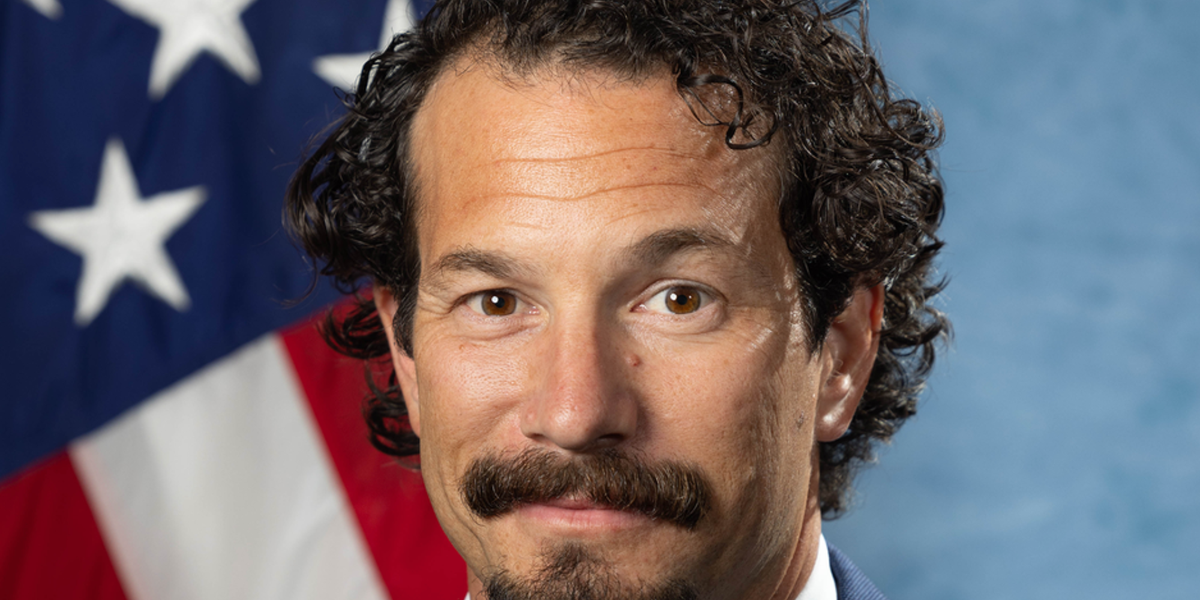When the Trump administration issued executive orders suspending federal funding and U.S. aid, it triggered rapid panic in communities across the country and sowed confusion over whether the freezes would halt programs like Head Start’s early childhood education program, delivery of food to the elderly through Meals on Wheels, clinical trials for cancer, Alzheimer’s and other diseases, and the operation of the 988 national suicide and crisis hotline. A subsequent block to the freezing of federal funds and a vaguely worded rescission of the memo only added to the administrative chaos.
Foreign development assistance remains paused for 90 days under an executive order issued by President Donald Trump.
Whatever the rescinding of the memo means for domestic loans and grants, it did not change the fact that foreign development assistance remains paused for 90 days under an executive order issued by President Donald Trump, to resume only following a review of programs for consistency with his administration’s foreign policy.
The freezing of U.S. foreign aid, with blanket orders to pause U.S.-funded programs globally, has stopped work in most military and security assistance programs, including in Ukraine and parts of the Middle East, along with programs that train Mexican and Colombian police in anti-narcotics enforcement and programs that work to interrupt human trafficking. Programs that clear landmines and explosive war remnants in Mali and Sudan were paused. The U.S. also cut off programs that provide clean water, lifesaving medicine and shelter to vulnerable populations.
The move effectively ends American “soft power” efforts overseas, in which we have aimed to win hearts and minds with humanitarian and development assistance rather than relying solely on military strength. This effectively hands off the reins of global leadership to China, whose development assistance efforts have already ramped up as they work to win more power abroad.
The freeze on foreign aid created even more egregious and immediate security risks, most notably in the stoppage of funds to the guards for some 10,000 Islamic State fighters in Syrian prisons — a group that U.S. counterterrorism and military officials see as a “potential terrorist army in waiting” if they are released or break free. After some guards stopped showing up for work in the wake of the abrupt funding freeze, the State Department reportedly rushed to approve an exemption to the foreign aid ban.
More exemptions followed, adding to the confusion. On Tuesday night, Secretary of State Marco Rubio began to backtrack on the near-total foreign aid freeze, offering a temporary exemption for some funds to support critical medical, food and subsistence assistance. Much like we’ve seen in the case of federal funding for domestic programs, widespread confusion among international nongovernmental organizations remains, with uncertainty about who is eligible for the exemptions, how long they will last and what the review process for restoring aid will look like for each program.
The Syrian prison guard fiasco illustrates the level of risk U.S. funding freezes introduce globally.
The Syrian prison guard fiasco illustrates the level of risk U.S. funding freezes introduce globally. If a funding freeze is introduced again in the domestic context, we should expect similar security implications. A domestic freeze of grants and loans like the one Trump ordered this week would cut off emergency preparedness and response funding that enables states and local authorities to prepare for nuclear, radiological, chemical and biological events. It would pause defense grants that support military readiness and capacity. It would end programs that work to counter foreign interference from Russia, China and Iran. And a domestic freeze would halt programs that combat terrorism at home and abroad, including grants that are testing effective strategies to counter radicalization and mobilization to violence.
Federal funding underwrites the costs of university-based and overseas immersive language training and capacity building for regional and area studies expertise deemed key to national security needs — programs that were set up when the U.S. found itself with hardly any Russian speakers in the federal government at the start of the Cold War.
In a myriad of invisible ways, each one of us owes our personal safety and security to the protections created by a wide range of federal funding. The foreign aid freeze shows all too clearly the dangers that are created by sudden funding and work stoppages. So while we continue to parse what’s next in the domestic freeze on all federal grants and loans, we are all at significant risk as our short-term preparedness for emergencies and our longer-term capacity to ensure safety and security potentially come to an abrupt end.
Meanwhile, the sudden and chaotic imposition of “America First” isolationism globally all but ensures ripple effects in global resentment in ways that will have security implications for years to come. We should all be grateful that a last-minute State Department exemption to the foreign aid ban prevented the release or escape of 10,000 ISIS terrorists in Syria. But we should be very concerned about the grievances and anger we are brewing now, and the potential for those grievances to escalate into violence and harm.













